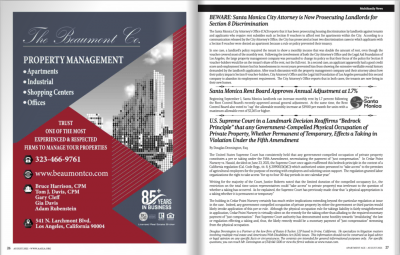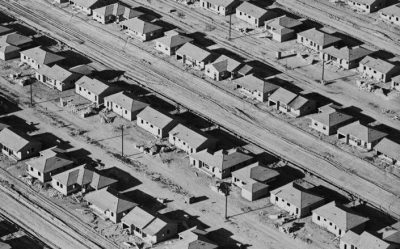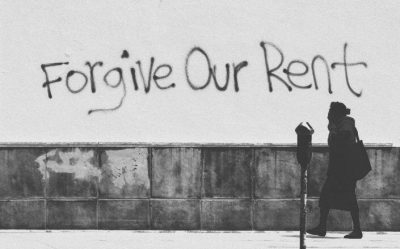Santa Monicans receive $8.6 million in rent relief with much more funding still available
via SMDP.com With the Sept. 30 end of the eviction moratorium looming on the horizon, the City is doubling down on efforts to encourage landlords and tenants to apply for the vast amount of rent relief available from the state. Any household in Santa Monica that is at or below 80 percent of area median income is eligible to have 100 percent of back rent and utilities owed paid for by the state. The qualifying income is $66,250 for a household of one, $75,700 for a household of two, $85,150 for a household of three and $94,600 for a household of four. Read more..













